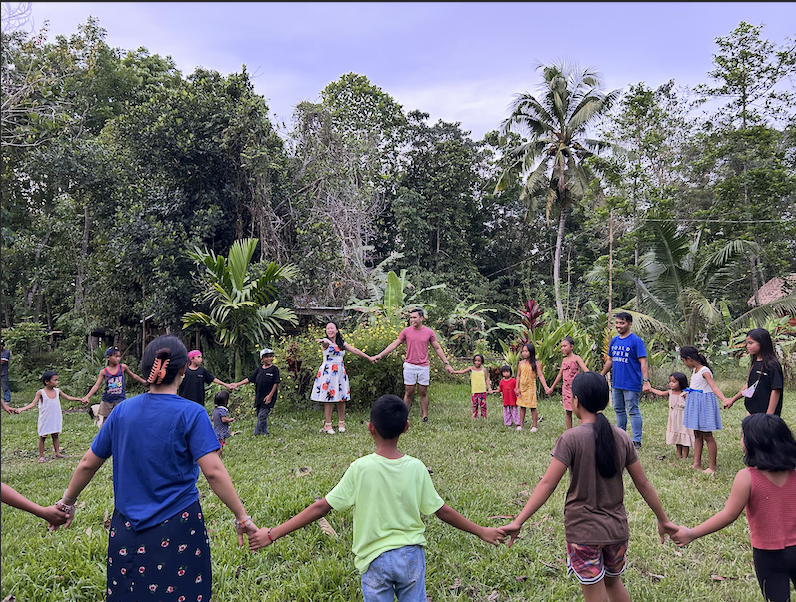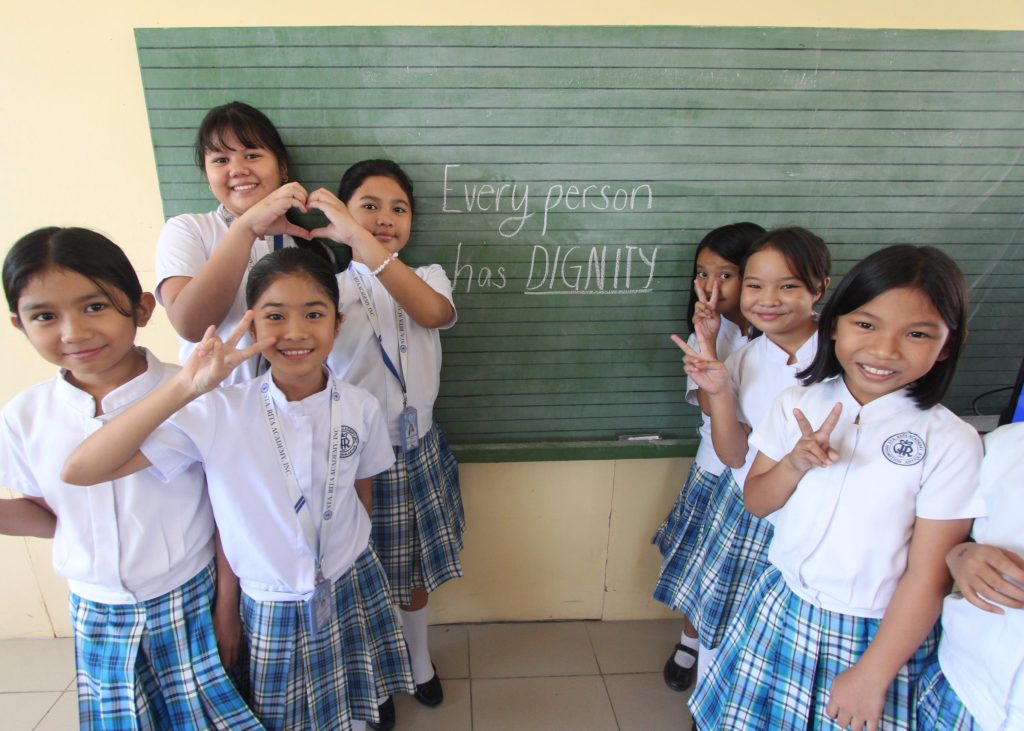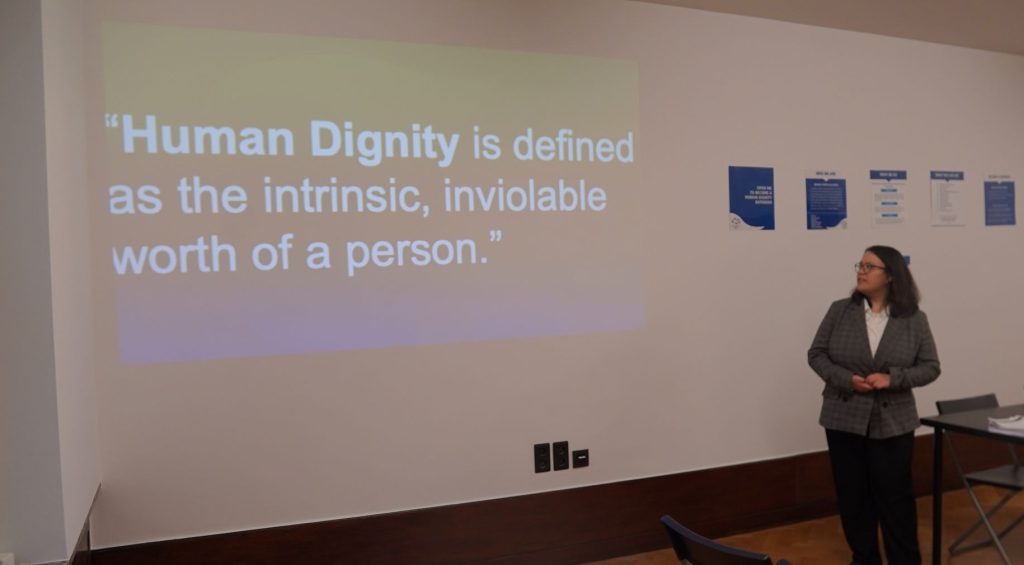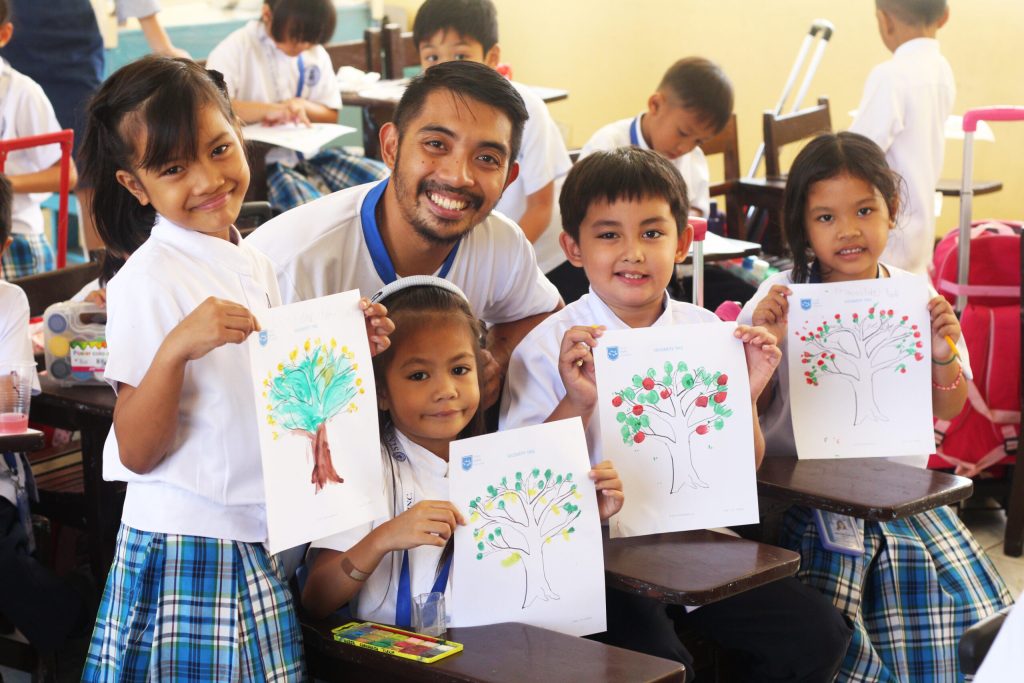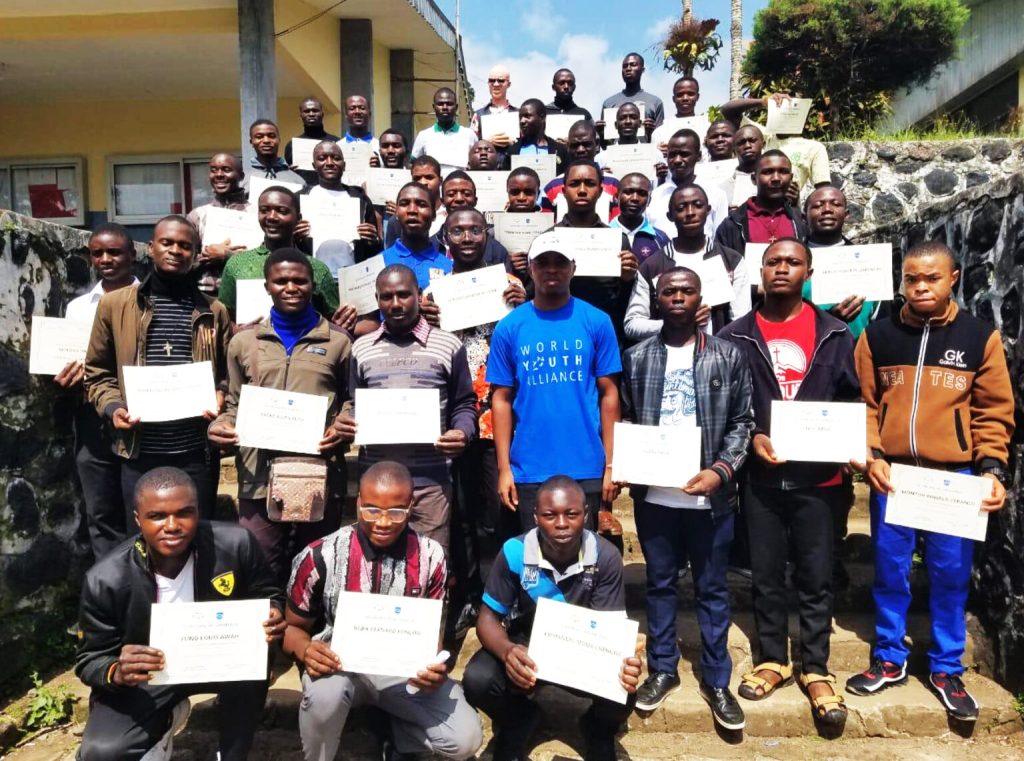Kisumu Juvenile Remand Home is a place where children in conflict with the law are committed by court until their matters are finalized. Some are orphans, others are from situations of neglect, living on the street.
At the Remand Home, they are safe, they have accommodation and food, and now they also know that their human dignity is intrinsic and can’t be given or taken away.
Beginning in April, every other Tuesday, the young people of Kisumu Remand home would gather in small groups, or, little house “Nyumba Ndogo” and big house “Nyumba Kubwa”, to take the Human Dignity Curriculum (HDC), taught by a facilitator.
“Some of these children haven’t been in school for quite some time, and so, based on their level of literacy, they received instruction from either the Kindergarten or Grade 7 level of the Human Dignity Curriculum (HDC),” explains Cynthia Maingi, Director of World Youth Alliance Africa, the organization behind the program.
“They come into this place that is safe, they find themselves among other children and encounter adults who care about them. As a result, they build rapport quickly with the facilitators. Whether it’s a week or three months, sometimes… the facilitators know it’s a limited time to impact this person’s life.”
The homes make do with what little resources they have.
The cost of the Human Dignity Curriculum was covered by World Youth Alliance, but facilitators translated each lesson into Swahili for delivery to the children.
To meet the challenges of the low literacy level, they got creative, bringing salt, lemons and sugar into the room to explain the idea of the human senses.
Gathering plants from outside, they explained the lesson on the Hierarchy of Being, highlighting the powers that plants, animals and humans share, and the two powers that are unique to humans: the power to think and the power to choose.
Most children’s homes in Kenya try to implement programs aimed at teaching life skills, such as financial literacy or dealing with issues of peer pressure.
“Of the partners we’ve worked with…” begins Cynthia, before re-stating:
“ALL of the partners we have worked with, say that what stands out for them is that the Human Dignity Curriculum starts with the question: who am I?”
For the children of Kisumu Juvenile Remand Home, they may think the answer to that question is confusing, embarrassing, or worse.
“Yes, many of the children feel they’ve been rescued from situations that are so unbearable,” says Cynthia, who has worked with various children’s homes in Nairobi.
Learn more about this K-12 curriculum that changes lives!
“HDC teaches children that even if you’re going to this Remand Home, that doesn’t negate the fact that you have the same value as every other person.”

At the end of one of the lessons in the Grade 7 Curriculum, the lesson concludes with a True or False quiz that rings true to the images capturing HDC scholars diligently at work, residents of the Kisumu Juvenile Remand Home:
“Society does not give us human dignity; every human being has dignity, whether society recognizes it or not.” True.
“If we live in difficult circumstances with a lot of distress, we still have human dignity.” True.
Explore the curriculum in depth and contact us!
